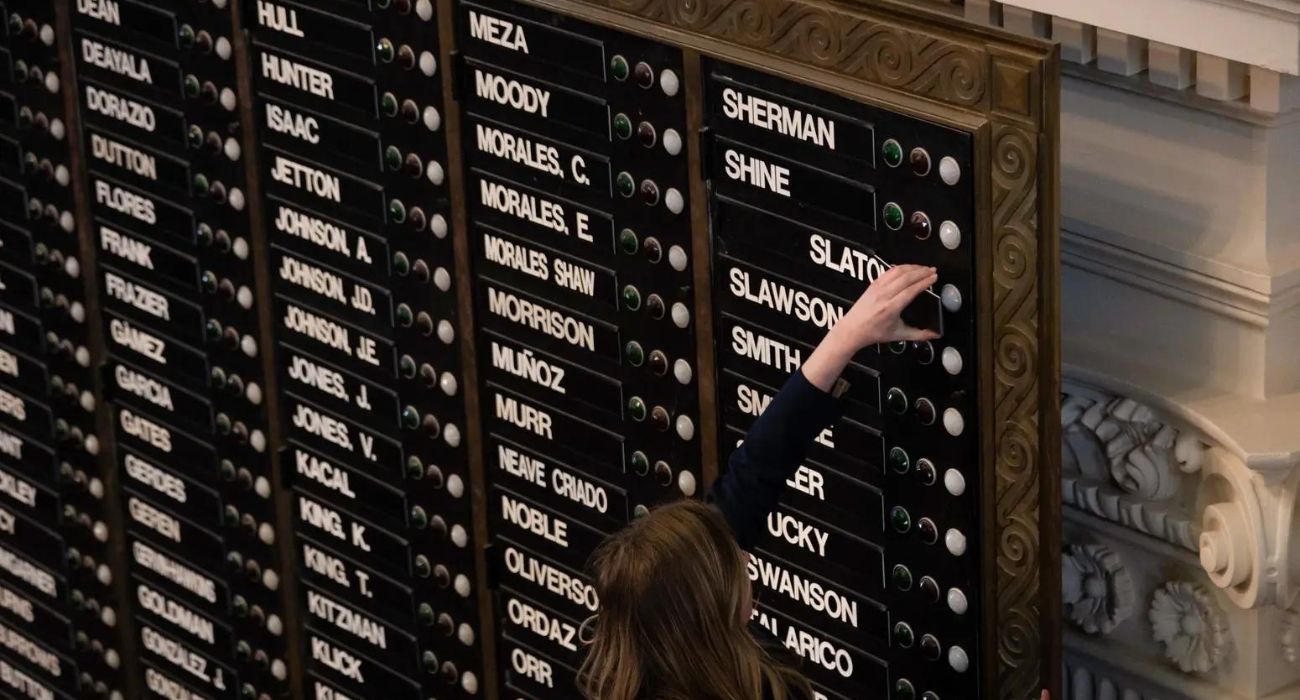Citizens, and the state and local officials they elect, can and should act against sex traffickers and their enablers while also helping the victims and those who rescue them.
In June, Texas Scorecard interviewed Pastor Heather Schott of The Justice Reform, a nonprofit organization in Fort Worth against sex trafficking. In Part 1 of this series, Schott discussed how widespread the horrific practice is in the Lone Star State and how it targets men, women, and children. In Part 2, she shared the pain of those enslaved, and in Part 3, she expressed victims’ need for a safe place to find refuge.
In this article, Schott discusses what state and local officials—and you—can do to fight this practice.
Local Government
Because of establishments like 24-hour massage parlors that are really fronts for prostitution, sex trafficking is something that can take place all around you.
“They’re all over Texas, and in specific counties that want to look the other direction,” Schott said, adding that she dealt with local officials looking “the other direction” when she lived in Austin.
“Travis County has never prosecuted one case for sex trafficking,” Schott said. “I was in the strip clubs, doing nails, building relationship[s] with those girls, along I-35. … Half of the girls in there were being trafficked.” She cautions that local officials choosing ignorance are putting citizens in danger. “You will see every form of violence and crime rise with trafficking in those [areas].”
State Action
We asked Schott whether Gov. Greg Abbott, Attorney General Ken Paxton, and the Texas Legislature should hold local governments accountable for fighting sex trafficking.
“Yes, with five exclamation marks!” she replied. “Accountability is needed across the board.”
Schott indicated the state should also take action to stop illegal border crossings, as that helps fuel Texas’ status as second in the nation for the slave trade.
She also recommends legal reform in cases where laws punish sex trafficking slaves. “Laws have to protect the victim and prosecute the traffickers and the purchasers,” she said.
Another important issue is how the state spends taxpayer monies to fight sex trafficking. Education is the most touted option in the Legislature, but Schott disagrees with this tactic.
“We need education. But if all of the government funds are going towards educating, what does that say about our heart position towards the millions that are being enslaved right now?” she asked. “We need more funding for our police departments. We need more educating for our police departments.”
“We also need the funds and the budgets to be released for the organizations that are rescuing and restoring [these victims].”
Only 529 beds exist nationwide for the millions enslaved in sex trafficking. Organizations desperately need help rescuing those still trapped and finding them a safe place to heal and transition to a better life. “We have a lot of organizations with the biggest hearts that have given up and sacrificed everything that can’t pay their bills,” Schott said. “We have more organizations closing down than opening, yet the government wants to rely on the local organizations to pick up the pieces.”
Officials should also hold social media and internet services accountable, as they are tools that sex traffickers abuse to target children.
“There are so many sites, and Facebook is obviously a huge platform that people are being trafficked through,” Schott said. Furthermore, she believes Abbott and the Legislature should take action against social media companies seemingly permitting sex traffickers to target children. “It’s time.”
Call to Action
“It’s time to wake up,” Schott tells citizens. “There’s a lot of organizations that can use moms, dads, business owners, your average individual teachers … to serve and to be a part.”
One way she said citizens can help is the reintegration process for sex trafficking victims.
“You can hire these girls after they leave their restoration home. You can hire [them] and provide a safe work environment for them to be able to work, and to provide for their families, and to pay their bills.” She also encourages citizens to join TJR’s October 10 Justice Run, a fundraiser to build Justice Residences, safe homes where victims can escape to find healing and transition to a better life.
Schott also calls for citizen vigilance against sex trafficking rings being run in their neighborhoods. Signs of such rings include cars constantly arriving at a house at different times, a house’s windows being obstructed, small groups of women coming and going, or someone who never leaves their home though people are always seen entering. If you see something suspicious, contact law enforcement.
“They say that … 90 percent of what actually stops trafficking is your average person saying something,” Schott said. “I believe if every day we’re paying attention to things around us … that just doesn’t look right, that doesn’t feel right … that we can make a major dent in this world of trafficking.”
These efforts won’t just help Texas, but the nation. “If we bring fear to the traffickers in Texas and we begin to shut down a lot of the trafficking that’s taking place from both sides, Houston and Mexico, I believe that there would be an awakening in other states.”






